
Deniz ÜNVER
Independent Researcher
On March 14, the US Department of Defense (Pentagon) accused the Russian Federation of downing a drone of the US in the Black Sea, while Russian officers denied those accusations since it would lead to a confrontation between the US and Russia[1]. The incident happened when a Russian SU-27 jet skirmished with a US MQ-9 Reaper in international airspace, resulting in the drone falling into the Black Sea.
The responses and comments on the incident were not widespread. The first comments came from the Pentagon. On March 14, the Pentagon accused Moscow for an “unsafe” intercept of a US MQ-9 Reaper above the Black Sea and the downing of the US Aircraft, as a result[2]. The day after the incident, US Defense Secretary Lloyd Austin stated that the US aircraft would continue to fly and operate in wherever region the international law permits[3]. Also, he included that, “This hazardous episode is part of a pattern of aggressive and risky, and unsafe actions in international airspace” during the meeting of the Ukraine Defense Contact Group[4]. It needs special emphasis that US Defense Secretary Austin was the first voice who directly reacted to the drone incident in the Black Sea from the US Joe Biden Administration.[5]. However, the White House appeared to keep its cool. This led to the comments claiming that the US is trying to avoid further escalation.
On the opposite side, Anatoly Antonov, the Russian Ambassador to the US, suggested that an unmanned US aerial vehicle (UAV) was collecting exploration and transmitting data to Ukraine[6]. In addition to his previous words, he stressed that “The American UAV was straightly and provocatively moving in the direction of the Russian territory and violated the boundaries of the temporary restricted area established to conduct the special military operation[7].” Furthermore, it was stated by the Russian Ambassador Antonov that Russia’s jets did not use weapons and attack the US aircraft, and the Russian fighter jets did not get into contact with the US aircraft[8]. He further declared, “We expect the US to refrain from further speculations in the media and end flights near the Russian boundaries. We perceive any actions involving the use of American weapons and equipment as openly hostile[9].” Lastly, it was implied by Ambassador Antonov that Moscow is not after seeking confrontation but rather building pragmatic relations[10].
It is important to note that the downing of the US drone was the first time that the Russian and the US aircraft have confronted since the beginning of the war in Ukraine[11]. This situation was also conveyed to NATO allies by NATO’s Supreme Allied Commander Europe, US Army General Christopher Cavali[12]. However, both sides do not aim to seek further escalation, as can be understood from the officials' words
Nevertheless, the Black Sea region has become vulnerable as a secure and stable region when the recent drone incident and the war in Ukraine are considered. The stability and security of the Black Sea region will continue to be tested as long as the war in Ukraine continues. However, the Black Sea Economic Cooperation (BSEC) and its vision is an answer to the continuing security and stability threats to the region. In this sense, the BSEC, a regional economic cooperation project, needs further analysis.
After the end of the Cold War, the BSEC was established on June 25, 1991, in İstanbul[13], upon the initiative of Ankara. The members of the BSEC, which gained international status on May 1, 1999[14], are Albania, Armenia, Azerbaijan, Bulgaria, Georgia, Moldova, Romania, Serbia, Ukraine, Russia and Türkiye. It can be seen that a number of the BSEC member countries are former USSR countries, and these countries were faced with severe economic, political and social issues during their transition to market economy[15].
Indeed, the establishment aims of the BSEC can be summarized as encouraging interaction among members, creating harmony and ensuring peace, stability and good neighbourhood prospects in the region[16]. In this sense, those former USSR countries were able to make successful transition to a market economy. Ankara aimed to form economic cooperation between the member states to prevent future conflicts in the Black Sea region. Furthermore, benefitting from the human, financial and natural resources of the BSEC member countries was defined as another aim of the BSEC[17].
The main cooperation areas of the Organization can be summarized as agriculture, banking and finance, combatting crime, culture, customs matters, education, emergency assistance, energy, environmental protection, exchange of statistical data and economic information, healthcare and pharmaceutics, information and communication technologies, institutional renewal and good governance, science and technology, SMEs, tourism, trade and economic development and transport areas[18]. The Organization tries to develop ties between the member countries in those areas.
It has to be noted that there are four pillars of the Organization, which are the legislative, the executive, the private sector and the Black Sea Trade and Development Bank[19]. Besides these, the Council of Foreign Affairs of the Organization is the main decision-making body of the BSEC. The Parliamentary Assembly of Black Sea Economic Cooperation (BSEC), Black Sea Trade and Development Bank (BSTDB), International Center for Black Sea Studies (ICBSS) and BSEC Business Council (BC), meanwhile, are the affiliated institutions within the Organization[20].
BSEC has also introduced a military initiative for the common security in the Black Sea, “The Black Sea Naval Co-operation Task Group”, or BLACKSEAFOR, established upon the initiative of Türkiye in 2011. The members of the naval program are Türkiye, Bulgaria, Romania, Ukraine, Russia and Georgia[21]. Although not functioning at present, the member countries realized joint exercises in the past. BLACKSEAFOR was activated four times in its history. In 2001, it was first activated under the Turkish command[22]. Then, it was activated under the Ukranian command in 2022, under the Georgian Command in 2004 and 2005[23]. If the BLACKSEAFOR can be activated again, it should contribute to the peace and stability in the region.
In conclusion, it can be said that the Black Sea Region has to reestablish security and stability. The recent drone conflict between Russia and the US is a point of concernin this context. Nevertheless, it must be emphasized that the BSEC vision need to be able to solve the current conflicts in the Black Sea region.
[1] Phil Stewart, Idrees Ali and Mike Collett- White, “US blames Russia drone crash over Black Sea, Moscow denies contact”, Reuters, March 13, 2023, https://www.reuters.com/world/europe/russia-ukraine-battle-bakhmut-icc-seeks-war-crime-arrest-warrants-2023-03-13/
[2] Elena Teslova, “Moscow claims US drone collected intelligence, used by Ukraine for strikes on Russia”, Anadolu Agency, March 15, 2023, https://www.aa.com.tr/en/politics/moscow-claims-us-drone-collected-intelligence-used-by-ukraine-for-strikes-on-russia/2846107
[3] Haley Britzky, Natasha Bertrand and Oren Liebermann, “Austin says US will continue to fly drones over Black Sea and condemns Russian downing as aggressive”, CNN, March 15, 2023, https://edition.cnn.com/2023/03/15/politics/lloyd-austin-russian-aircraft-us-drone/index.html
[4] A.g.e
[5] A.g.e
[6] Elena Teslova, “Moscow claims US drone collected intelligence, used by Ukraine for strikes on Russia”, Anadolu Agency.
[7] A.g.e
[8] A.g.e
[9] Elena Teslova, “Moscow claims US drone collected intelligence, used by Ukraine for strikes on Russia”, Anadolu Agency.
[10] A.g.e
[11] Britzky, Bertrand and Liebermann, “Austin says US will continue to fly drones over Black Sea and condemns Russian downing as aggressive”, CNN.
[12] Stewart, Ali and Collett- White, “US blames Russia drone crash over Black Sea, Moscow denies contact”, Reuters.
[13] Davut Han Aslan and Muhammadqosim Sharapov. "Turkey and the Black Sea Economic Cooperation (BSEC)." Zeszyty Naukowe Uczelni Vistula 34/2014 Stosunki Międzynarodowe (2014): p.128.
[14] A.g.e, p.129.
[15] Muzaffer Dartan, "Black Sea Economic Co-operation (BSEC): Proposals and possibilities with particular reference to the EU." Marmara Üniversitesi Avrupa Topluluğu Enstitüsü Avrupa Araştırmaları Dergisi 7.1&2 (2015), p. 7.
[16] Davut Han Aslan and Muhammadqosim Sharapov. "Turkey and the Black Sea Economic Cooperation (BSEC)." Zeszyty Naukowe Uczelni Vistula 34/2014 Stosunki Międzynarodowe (2014): p. 126.
[17] Muzaffer Dartan, "Black Sea Economic Co-operation (BSEC): Proposals and possibilities with particular reference to the EU." Marmara Üniversitesi Avrupa Topluluğu Enstitüsü Avrupa Araştırmaları Dergisi 7.1&2 (2015), p. 12.
[18] “Working Areas”, BSEC, http://www.bsec-organization.org/areas-of-cooperation
[19] Muzaffer Dartan, "Black Sea Economic Co-operation (BSEC): Proposals and possibilities with particular reference to the EU." Marmara Üniversitesi Avrupa Topluluğu Enstitüsü Avrupa Araştırmaları Dergisi 7.1&2 (2015), p. 13.
[20]“Organization of the Black Sea Economic Cooperation (BSEC)", Ministry of Foreign Affairs of Türkiye, https://www.mfa.gov.tr/the-black-sea-economic-cooperation.en.mfa
[21] “BLACKSEAFOR”, Republic of Türkiye- Ministry of Foreign Affairs, https://www.mfa.gov.tr/blackseafor.en.mfa
[22] A.g.e
[23] A.g.e
© 2009-2025 Avrasya İncelemeleri Merkezi (AVİM) Tüm Hakları Saklıdır
Henüz Yorum Yapılmamış.
-
 WESTERN SUPPORT TO TERRORISM TARGETING TURKEY- 29.06.2022
WESTERN SUPPORT TO TERRORISM TARGETING TURKEY- 29.06.2022
Deniz ÜNVER 29.06.2022 -
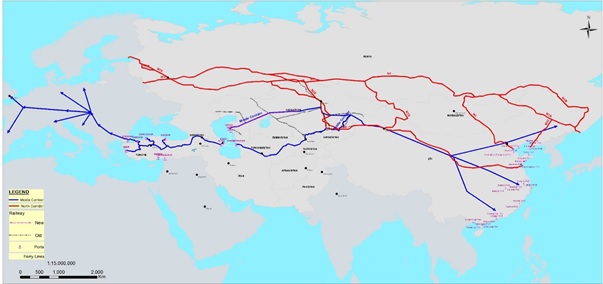 MIDDLE CORRIDOR AND ITS POTENTIAL ADVANTAGES - 11.10.2022
MIDDLE CORRIDOR AND ITS POTENTIAL ADVANTAGES - 11.10.2022
Deniz ÜNVER 11.10.2022 -
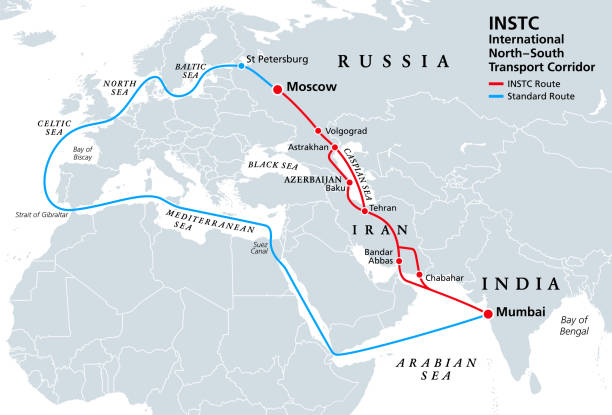 INTERNATIONAL NORTH-SOUTH TRANSIT CORRIDOR (INSTC) - 06.07.2023
INTERNATIONAL NORTH-SOUTH TRANSIT CORRIDOR (INSTC) - 06.07.2023
Deniz ÜNVER 06.07.2023 -
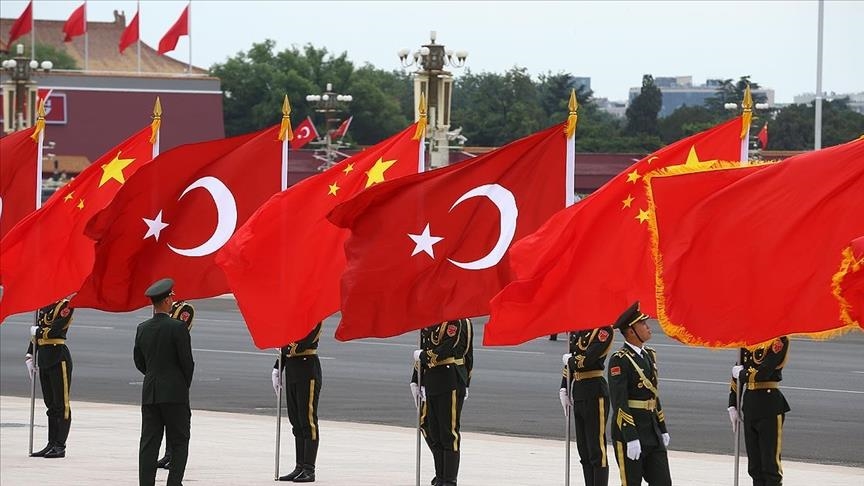 FURTHER ANALYSIS OF SINO-TURKISH RELATIONS - 10.03.2022
FURTHER ANALYSIS OF SINO-TURKISH RELATIONS - 10.03.2022
Deniz ÜNVER 10.03.2022 -
 BÖLGESEL KAPSAMLI EKONOMİK ORTAKLIK (RCEP): İLAVE BİR AÇIKLAMA - 21.03..2022
BÖLGESEL KAPSAMLI EKONOMİK ORTAKLIK (RCEP): İLAVE BİR AÇIKLAMA - 21.03..2022
Deniz ÜNVER 21.03.2022
-
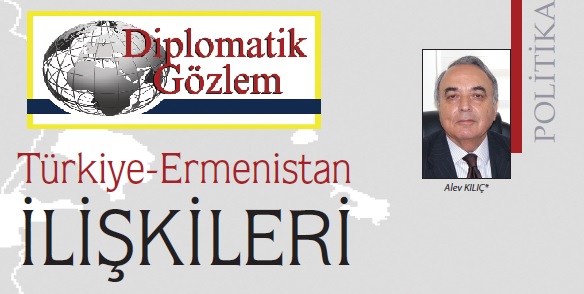 TÜRKİYE-ERMENİSTAN İLİŞKİLERİ
TÜRKİYE-ERMENİSTAN İLİŞKİLERİ
Alev KILIÇ 11.04.2017 -
ERMENİ ARAŞTIRMALARI ÖZEL SAYISI – "ERMENİLERİN SOYKIRIMI SAVINI YADSIYANLARI CEZALANDIRMAK VEYA TÜRKİYE’DEN TAZMİNAT ALMAK AMACI İLE YAPTIKLARI YARGI MÜCADELELERİ”
Pulat TACAR 13.08.2015 -
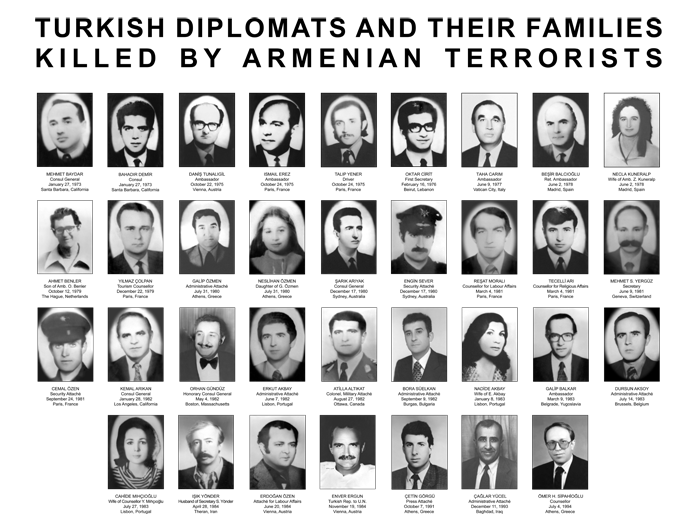 ASSASSINATION OF LOS ANGELES TURKISH CONSUL GENERAL MARKS 46TH ANNIVERSARY OF MODERN DAY ARMENIAN TERRORISM – ATAA – 27.01.2019
ASSASSINATION OF LOS ANGELES TURKISH CONSUL GENERAL MARKS 46TH ANNIVERSARY OF MODERN DAY ARMENIAN TERRORISM – ATAA – 27.01.2019
ATAA 28.01.2019 -
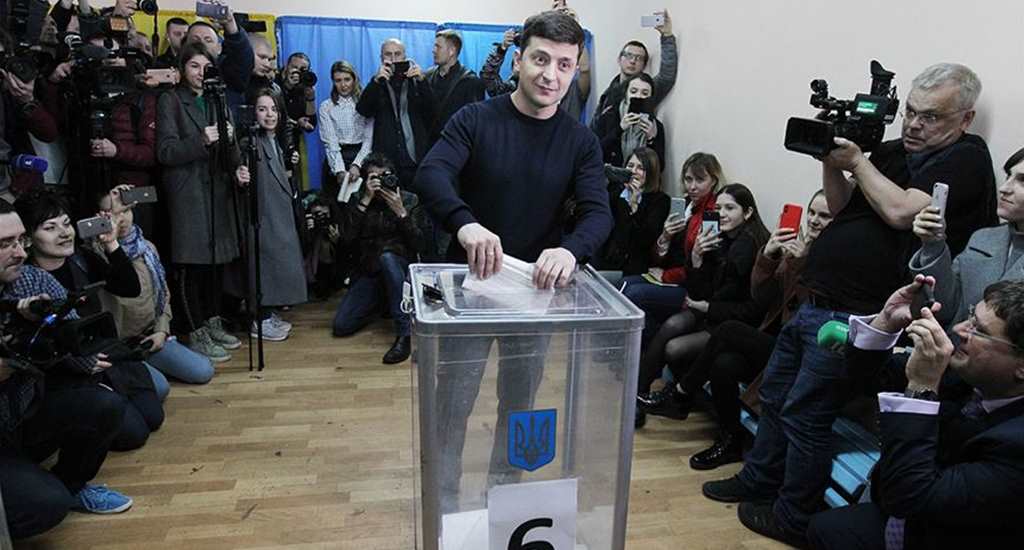 UKRAYNA’DA ZELENSKİ’NİN MUTLAK İKTİDARI - SOYLEDIK.COM.TR - 31.07.2019
UKRAYNA’DA ZELENSKİ’NİN MUTLAK İKTİDARI - SOYLEDIK.COM.TR - 31.07.2019
Deniz BERKTAY 01.08.2019 -
YAKIN DOĞU ÜNİVERSİTESİ ALMANYA'DA TEMSİL EDİLDİ
Ata ATUN 19.11.2013


